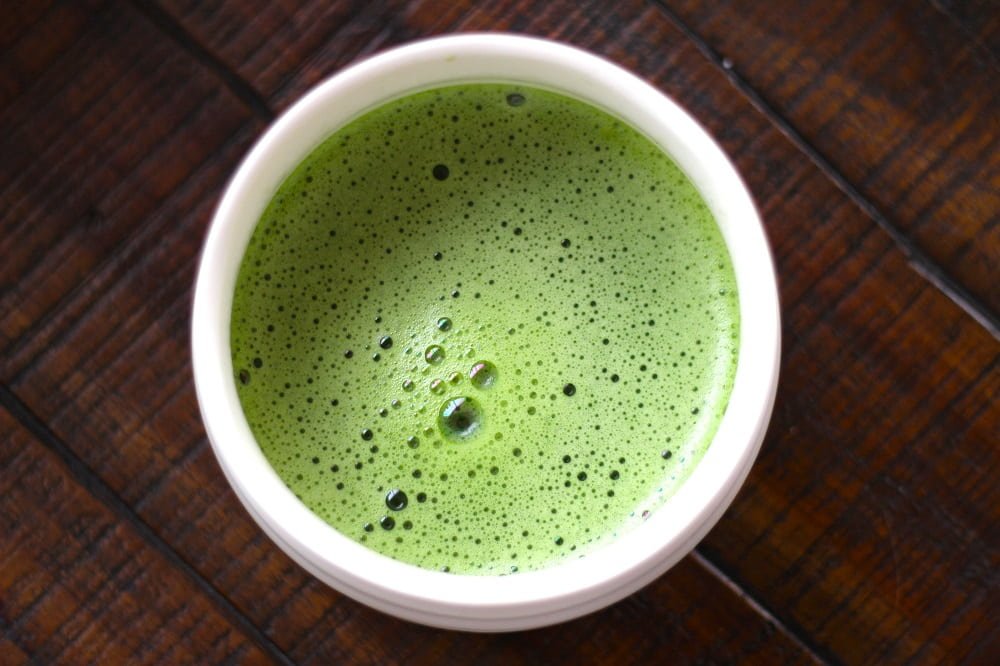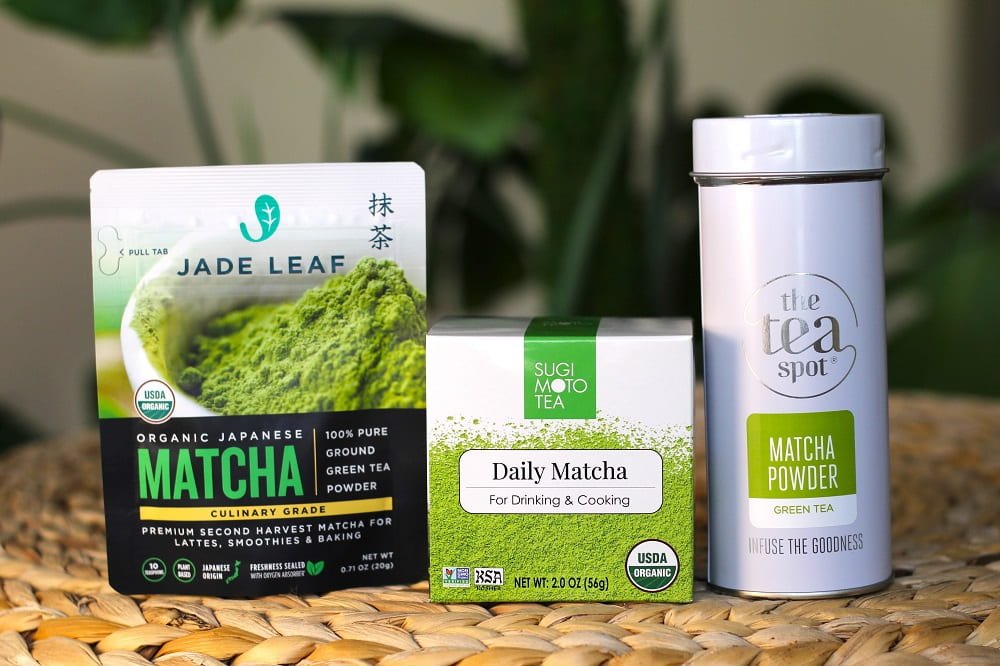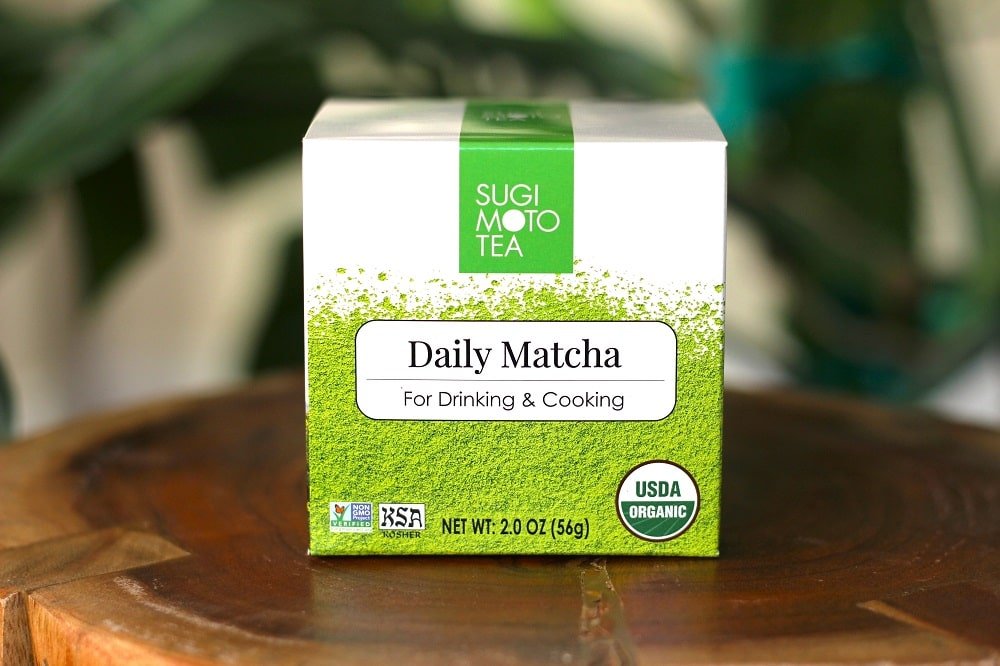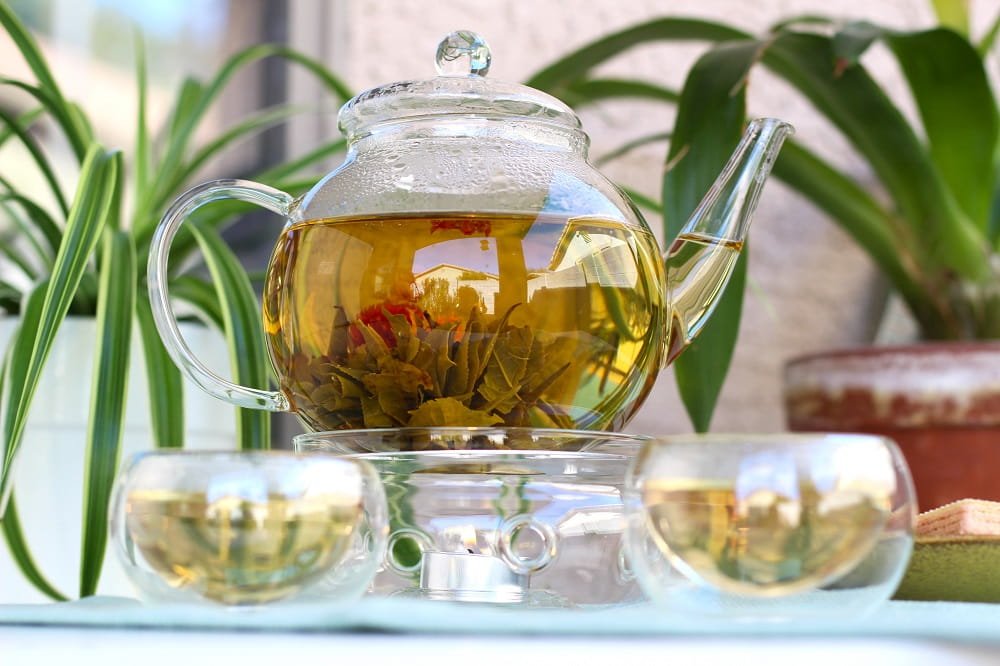What’s the best matcha? Taste testing 6 matcha brands
This post contains affiliate links, which means Steeped Dreams earns a small commission if you purchase with these links or discount codes (at no cost to you). Please know all opinions in reviews on Steeped Dreams are genuine and not influenced by affiliate partnerships.
Is there a way to measure the best matcha powder? How can you tell if a matcha is truly “good”? These are the questions I set out to answer in a blind taste test of several matcha brands.
If you’re new to the matcha market, the first thing I would advise is to never buy a random brand online because it’s the cheapest. Do research on taste, know where the matcha comes from—Japan is considered the most trusted—and find a quality grade that matches your needs like making lattes or drinking straight.
I rounded up a few of my generous friends and trusted matcha brands from near and far (all sourced from Japan) to see if there would be any similarities in what we consider the best matcha powder. This was also my first time comparing ceremonial and culinary matcha side-by-side, whose subtle differences are otherwise hard to distinguish.
Skip ahead to the taste test results or continue on to get a behind-the-scenes look at our ranking criteria, process, and setup!
Culinary vs ceremonial matcha
Alternating between ceremonial grade (deep,, bright green) and culinary grade (dull green).
First thing first, this taste test is not to rave about how ceremonial grade is superior to culinary grade. The intent is not to pit these two quality grades against each other to confirm common tea snob marketing messaging that ceremonial matcha is the only way to go (spoiler–culinary has its place in the world as I’ll explain below!).
Instead, we compared three ceremonial matcha brands to each other, and another three culinary matcha brands against each other.
So what’s all the buzz around culinary vs ceremonial, you may ask? In addition to being made in slightly distinct ways, these are just a few other highlights.
| Culinary vs. Ceremonial Matcha | ||
|---|---|---|
| Culinary | Ceremonial | |
| Best for | Mixing (lattes, baking, cooking) | Drinking straight |
| Texture | Chunkier powder | Stone-milled to fine powder |
| Tea leaves used | 2nd or 3rd harvest | 1st harvest |
| Flavor (when tasted on its own) | Somewhat bitter | Smooth |
| Color | Dull green or yellow | Vibrant jade |
In laying out our matcha samples together, the color saturation of culinary vs ceremonial grades is immediately noticeable. Can you guess which are the culinary grades?
Matcha taste test setup & methodology
The top three samples are ceremonial grade, while the bottom three, slightly more yellow ones are culinary.
I had tasted a few of the brands already, so to avoid any bias, we conducted the taste test blind. This meant no one knew in which order they tasted each brand. We even saved the guessing on culinary vs ceremonial for the end.
Participants
“Tea Administrator” - Does not like tea. Prepared each matcha sample out of sight, assigned numbers to each brand, and distributed the matcha into each taster’s sample cup.
Taster #1 “Casual Dabbler” - Sometimes drinks matcha in various forms if given.
Taster #2 “Bakes with Matcha” - Eats matcha in baked goods and treats.
Taster #3 “Latte Lover” - Mostly consumes matcha in lattes.
Taste #4 “Expensive Taste” - Instinctively likes the most expensive variety of anything, matcha included.
Taster #5 “Morning Matcha Maniac” - Enjoys a regular cup of iced straight matcha in the morning. Me.
Process
To maintain each matcha’s true flavor, we tasted each pure without any add-ins.
Each participant had a list of criteria from which to evaluate each matcha brand. These are:
Tasting notes
Bitterness
Sweetness
Overall taste compared to other brands of the same quality grade
The Tea Administrator prepared each matcha brand one-by-one in a matcha bowl with a bamboo whisk. One teaspoon of matcha powder was used in each batch. Then, the Tea Administrator served a random number at a time into sample cups. After each brand’s evaluation, the next sample was served. After evaluating all teas, the brands were revealed.
Matcha brands tasted
The study included both ceremonial and culinary grade matcha from Japan.
I obtained a few samples from the grocery store, and others were selectively requested from brands with which I have standing partnerships. Two of the five participants tasted one of the matcha brands prior to the study. Both the bought and gifted matcha brands were tested blind, eliminating bias.
Ceremonial
Culinary
Ceremonial matcha comparison
Culinary matcha comparison
Shortcomings
Throughout the matcha blind taste test, there were a few areas that in hindsight could have been improved to better evaluate each matcha.
Culinary grade matcha is not meant to be drunk on its own. Although sampling it pure gave us the most accurate flavor, culinary matcha is normally used in baking or lattes so the flavor wasn’t an exact representation of how it would be consumed. And although culinary matcha is known to be more bitter than ceremonial, dairy and sugar mixed in in recipes mostly neutralizes that.
Due to the inherent flavor and use differences in culinary and ceremonial matcha, these two quality grades could be better tested in separate studies.
Using culinary grade matcha in a matcha latte.
Results: What’s the best matcha powder?
Those on the hunt for the best matcha likely have lots of colorful purposes for it, ranging from making matcha lattes at home to exploring new brands to whisk up for a morning ritual.
There isn’t truly a best matcha, just personal preference. That’s why I’ve listed our matcha brand contenders with a healthy list of characteristics so you can have a really good idea about which one best matches your needs and taste!
1. Senbird
Sweet and smooth
Quality grade: Ceremonial
Bitterness: Low
Sweet tones: High
Cost: $1/g
Availability (shipping regions): United States
Good to know: Organic, From Kyoto
Website: senbird.com
Senbird’s Otome Matcha is the overall fan favorite, getting high scores for sweet tones and low bitterness. It has one of the most vibrant green colors of the ceremonial matcha grades we sampled. Its overall well-rounded flavor and smoothness makes this a really great option for matcha beginners, as there are no overpowering earthy flavors or sharpness.
Two of the taste testers (myself included) in the blind taste test had Senbird’s matcha before, so it’s pleasantly surprising to find that we also unanimously enjoyed this matcha’s taste the most out of the lineup.
You can read my full review of Senbird Tea here and save 15% on all Senbird Tea products with code: steepedreams.
2. Kagoshima Tea
Medium and Balanced
Quality grade: Ceremonial
Bitterness: Medium
Sweet tones: Medium
Cost: $1.30/g
Availability (shipping regions): Worldwide
Good to know: Organic, From Kagoshima
Website: kagoshimatea.com
Kagoshima Tea’s ceremonial matcha is the least strong of the ceremonial bunch. We found it to be pleasant, balanced, and complex, with medium ratings for both bitterness and sweetness. This matcha could be a good option for those who like a balance between umami flavors and slight astringency.
There’s a lot of noise made in matcha marketing about matcha from Uji near Kyoto, but less frequently do you hear of matcha from Kagoshima. This region is known for its fertile soils and high quality tea at reasonable prices and a government campaign over the past few decades to continue improving quality.
3. Japanese Green Tea Co.
Robust and Earthy
Quality grade: Ceremonial
Bitterness: High
Sweet tones: Low
Cost: $2.17/g
Availability (shipping regions): Worldwide
Good to know: Organic, Award-Winning, Grown in Sugarcane Soil, From Shizuoka
Website: japanesegreenteain.com
Japanese Green Tea Co.’s ceremonial matcha packs a powerful punch of grassy flavors and astringency. This matcha is for those who like their brew on the stronger, more impactful side and are looking for a lingering zing after each sip. When tasting this one, we all experienced a similar wave of sensations as the bitterness hits and wakes your senses.
This award-winning matcha from Japanese Green Tea Co. is grown in a unique way with a traditional farming method that improves soil fertility. The farm’s matcha is exclusively distributed outside of Japan by Japanese Green Tea Co., which makes this one very special matcha, indeed.
You can read my full review of Japanese Green Tea Co. and save 10% on Japanese Green Tea Co. products with code: steepeddreams.
4. Jade Leaf
Highest rated on Amazon
Quality grade: Culinary
Bitterness: Medium-Low
Sweet tones: Low
Cost: $0.33/g
Availability (shipping regions): United States
Fun to know: Organic, Mixed from Uji and Kagoshima
Website: jadeleafmatcha.com
Jade Leaf’s culinary matcha is ranked as the highest rated on Amazon. However, our team of taste testers interestingly didn’t have any alignment on the best culinary grade matcha. Everyone’s personal rankings looked very different and preferences boiled down to underlying flavors. This goes to show to take Amazon reviews with a grain of salt, since your favorite matcha might be somewhere else waiting for you!
Overall, we found this culinary matcha to be musky, have a lingering aftertaste, and have the least amount of flavor in the sample compared to the other culinary matcha brands we sampled. What we liked about it is its small pouch size for one-off baking projects and very wide availability. I found my sample pouch at Walmart.
5. The Tea Spot
Grassy taste, large size
Quality grade: Culinary
Bitterness: Medium
Sweet tones: Low
Cost: $0.30/g
Availability (shipping regions): United States and Canada
Fun to know: Large tin, From Shizuoka
Website: theteaspot.com
The Tea Spot’s culinary matcha comes in a large tin, which preserves freshness for longer and has a huge amount for all the baking, lattes, and cooking you’ll ever need. It’s the most balanced in taste compared to the culinary matcha we sampled and primarily has grassy notes. Its medium bitterness and price per gram are also a pleasant halfway point between the other two.
It’s worth noting that I made matcha ice cream with The Tea Spot’s matcha and all hints of bitterness disappeared. This is typically the case when cooking with culinary matcha, so don’t let the bitterness scare you away!
6. Sugimoto
Roasted hints
Quality grade: Culinary
Bitterness: High
Sweet tones: Low
Cost: $0.23/g
Availability (shipping regions): United States and Canada
Fun to know: Organic, From Shizuoka
Website: sugimotousa.com
Sugimoto’s culinary matcha has some roasted hints, which is not very characteristic of matcha (so we wondered why this is the case). However, after experimenting with this matcha brand to make a matcha latte, the roasted notes went away and this culinary matcha did its job to bring forth a delightful harmony of milky matcha goodness.
One downside to Sugimoto’s matcha is the packaging, possibly reflected in the lower price point. The matcha powder comes in a vacuum sealed foil bag within a box, meaning once it’s open, there is no way to store it in an airtight way to maintain freshness for longer periods.
Honorable mentions
There are several other reputable and high quality places to buy matcha online whose matcha I’ve previously tasted and weren’t included in this matcha blind taste test. These are also worth a look if you’re still undecided on which brand to try next.
Ippodo
Huge matcha selection
Ippodo has a huuuge selection of matcha, labeled by characteristics like smooth or snappy. While ceremonial matcha is definitely their forte, there are a few sweetened matcha types for latte shoppers. I’ve tried a number of their staple and limited edition seasonal matcha and they’ve all been delightful.
Website: ippodotea.com
Read my full review of Ippodo Tea.
Nodoka Tea
More than matcha
Nodoka is another Japan-based tea company with delicious matcha that I’ve personally tried and appreciate. In fact, all their tea is sold in powder form, so you can try making rich tea lattes with several other Japanese green teas like hojicha or genmaichai as well. The Nodoka website is in Japanese by default, so be sure toggle the English option up top.
Website: https://www.nodokatea.com/
Read my full review of Nodoka Tea.






















![[Review] Firebelly Tea - Sleekly designed functional blends](https://images.squarespace-cdn.com/content/v1/6008e4b84dfdb80938cd0442/cdd4b217-3704-40dd-b11e-bc18ff413610/firebelly+tea+review.JPG)
![[Review] Harney & Sons - Paris tea and two similar blends](https://images.squarespace-cdn.com/content/v1/6008e4b84dfdb80938cd0442/5cf20e59-ce49-4fba-b9dc-16f1f43a1349/harney+tea+with+plant.JPG)

